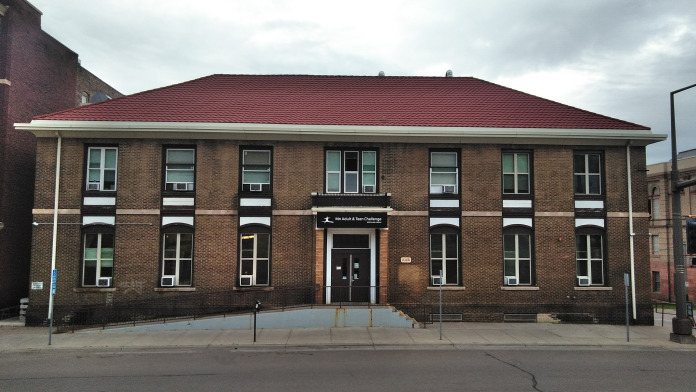About Minnesota Adult and Teen Challenge – Duluth Campus
Minnesota Adult and Teen Challenge (MNTC) is an organization that leads the charge in providing the care needed by men, women, and teens struggling with addictions. Their Duluth Campus, located near the waterfront in Duluth, Minnesota, is one of several campuses that provide residential treatment for those recovering from a substance use disorder (SUD).
This particular location offers two residential treatment programs for men aged 18 and older. It doubles as a base for the outpatient telehealth service that they offer to men, women, and teens. This location also offers walk in appointments and may be able to provide an assessment on the same day that you approach them.
Licensed Short Term Residential Treatment
The licensed residential program is the shorter of their inpatient programs. In this program, residents will spend between 45 and 90 days receiving 24 hour supervision and support from MNTC staff, which includes time with licensed therapists.
It’s a judgement free, safe, and supportive environment in which they help you focus on overcoming your addiction, developing healthier coping skills, and building stronger relationships with your family and the internal community.
They use psychoeducation, therapy modalities, therepeutic outings, and a 12 step program to treat the addictive behaviors and to help address any underlying factors that could contribute to addiction. They also offer an optional Christian track, which includes the input of their chaplains and lets you base your recovery on your faith.
A Long Term Program Aimed At Making a Lasting Change
For those who’ve struggled with an SUD for a long time, who may face other debilitating problems like homelessness, or those who come from particularly hard backgrounds, MNTC recommends their longer term program. This program typically runs for a year, and is divided into four stages.
In the first two stages, they help you move into the residence, adjust to the community, and start to address addictive behaviors. What’s incredibly helpful is that they’re able to apply more care and love to deeper issues like past trauma or co-occurring conditions. The two final stages then focus on building yourself into a stronger, healthier, and independent person.








